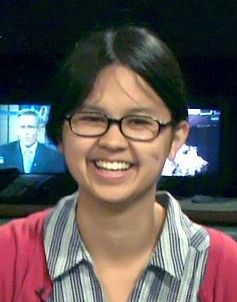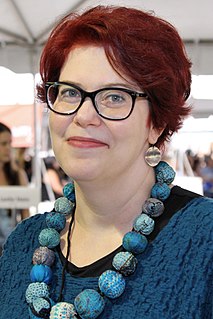A Quote by Tina Brown
Along with all those books about Lincoln, Obama might read some biographies of Napoleon. The general who established the Legion d'Honneur understood that people fought as much for medals as for morals.
Related Quotes
I write about the period 1933-42, and I read books written during those years: books by foreign correspondents of the time, histories of the time written contemporaneously or just afterwards, autobiographies and biographies of people who were there, present-day histories of the period, and novels written during those times.
I hope that if the people who read my work encounter people in the real world who are like the characters that I write about, that maybe that might make them feel empathy for those people. I know it sounds idealistic in a way, but I do hope that my work maybe changes some minds, and that my work makes readers see people as human that maybe before they read my work they might not have seen as humans, and those people include me and my family and my kids, people in my community.
One of the things I do take some pride in is that if you had never read an article about my life, if you knew nothing about me, except that my books were being set in front of you to read, and if you were to read those books in sequence, I don't think you would say to yourself, 'Oh my God, something terrible happened to this writer in 1989.'
He would talk to them of stories and books, and explain to them how stories wanted to be told and books wanted to be read, and how everything that they ever needed to know about life and the land of which he wrote, or about any land or realm that they could imagine, was contained in books. And some of the children understood, and some did not.
If you read the biographies of people who have written good books, you often see the point where they suddenly come into themselves, and those weeks in the spring of 1997 were when I came into myself as a writer. They feel like some of the best weeks of writing I’ll ever have. The discovery that I could write better about something as trivial as an ordinary family dinner than I could about the exploding prison population of the United States, and the corporatization of American life, and all the other things I’d been trying to do, was a real revelation.
Early on I came to realize something, and it came from the mail I received from kids. That is, kids at that pivotal age, 12, 13 or 14, they're still deeply affected by what they read, some are changed by what they read, books can change the way they feel about the world in general. I don't think that's true of adults as much.




































